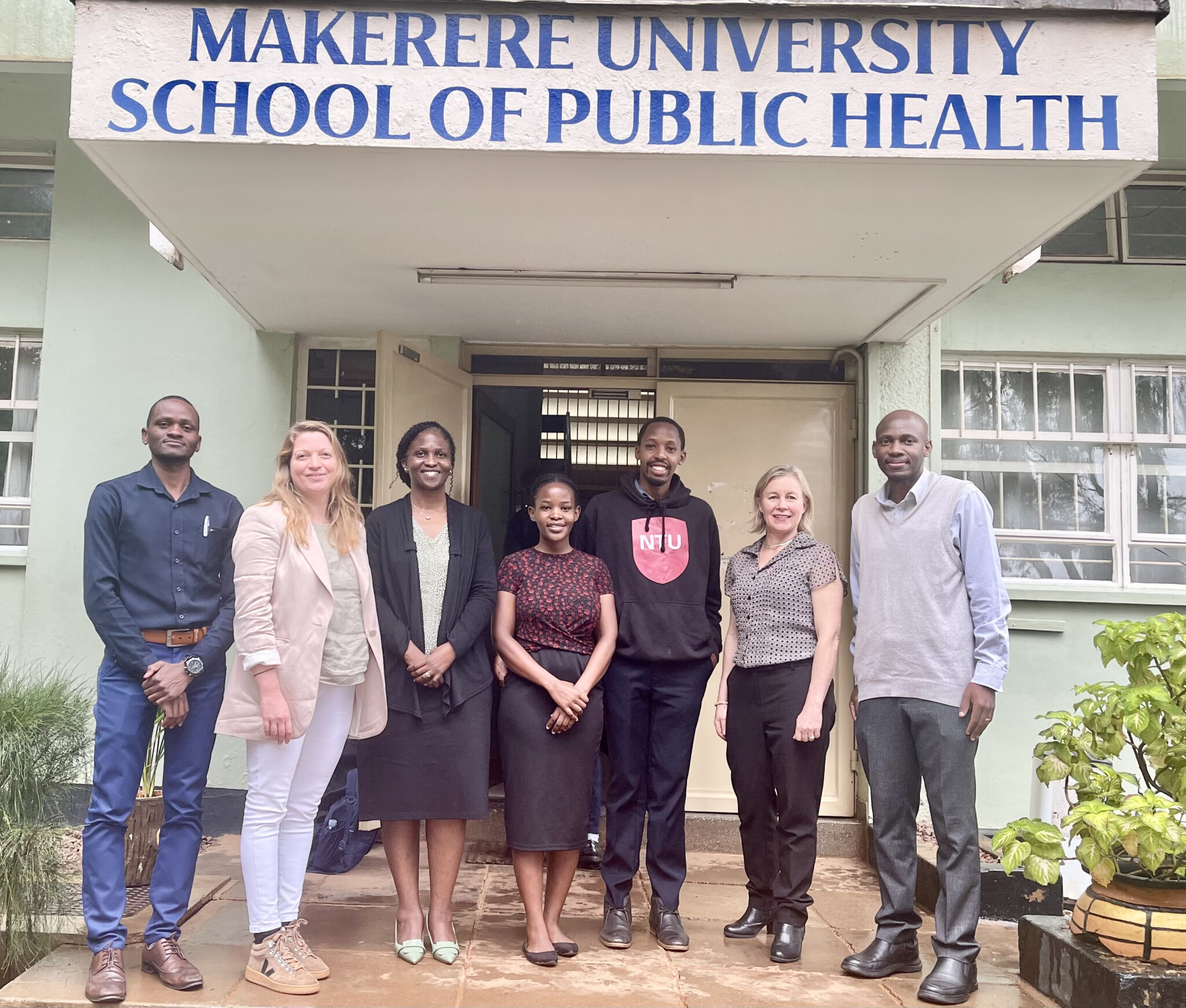How the Uganda-UK Partnership is Transforming Healthcare Capacity Through Diplomacy and Innovation
In an era where global health crises demand shared solutions, the enduring bond between Uganda and the United Kingdom has become a beacon of collaborative resilience. Orchestrated through the strategic leadership of the Uganda High Commission in London, the two nations are not only reinforcing diplomatic ties but also advancing shared health objectives through deliberate, high-impact partnerships.
At the heart of this cooperation lies the Global Capacity Building (GCB) program, a forward-looking initiative funded by NHS England and delivered by Global Health Partnerships (formerly THET). Focused on bidirectional learning and mutual capacity enhancement, the GCB has opened new channels for health diplomacy, linking British NHS institutions with health organisations in Uganda, Zambia, and South Africa. With 10 active projects in Uganda alone, the program is laying the groundwork for a healthier and more equitable future.
The facilitative role played by the Uganda High Commission in the UK has been pivotal. Beyond traditional diplomacy, the mission has leveraged its position to connect UK-based health institutions with Ugandan counterparts, fostering a climate of trust and shared ambition. This model of 'health diplomacy' where embassies serve as enablers of technical collaboration has proven its merit, especially in an era marked by transnational health challenges.
Uganda’s health system has welcomed this engagement with open arms. The projects under the GCB program are not mere handovers of aid or expertise; they are reciprocal, skill-building exchanges. Ugandan health professionals are gaining practical exposure to global best practices, while British health workers develop nuanced understanding of health delivery in low-resource settings. This mutual enrichment aligns seamlessly with Uganda’s Vision 2040 and National Health Policy III.
Among the most transformative engagements is the partnership between the West Yorkshire Integrated Care Board and Kawempe National Referral Hospital, which has yielded a trailblazing one-day Emergency Obstetric and Newborn Care (EmONC) training course. This innovation has equipped 75 Ugandan health professionals with lifesaving skills. The larger ambition to scale this training nationwide could substantially reduce maternal and neonatal mortality, aligning with Uganda’s commitments under Every Newborn Action Plan.

Equally commendable is the Eye Health Africa-Ubora Foundation Africa collaboration in Hoima, which has scaled screening for Retinopathy of Prematurity (ROP). With premature infants increasingly surviving birth due to improvements in neonatal care, this project ensures that sight is not sacrificed in the process. The integration of cost-effective treatment and national advocacy underscores the sustainable nature of this partnership. Capacity building goes beyond clinical care. A GCB-backed leadership pilot led by Nottingham Trent University, NUH, and Makerere University School of Public Health is equipping district-level managers in Wakiso with critical administrative and infrastructure management skills.
University School of Public Health is equipping district-level managers in Wakiso with critical administrative and infrastructure management skills. Endorsed by Uganda’s Ministry of Health, this initiative aims to catalyze a culture of informed, strategic healthcare leadership particularly empowering women in rural governance roles. Meanwhile, a separate intervention combating neonatal sepsis through Knowledge for Change has trained frontline staff across five health facilities, incorporating over 400 NHS volunteer days into its operational strategy. The cross-pollination of expertise demonstrates the potential of international health partnerships to strengthen systems from the inside out.
As the GCB program approaches its conclusion, its lasting value is increasingly evident. Each project is a thread in a larger tapestry of equity, empowerment, and resilience. These are not just health gains they are diplomatic triumphs. They exemplify how embassies, when strategically aligned with sector ministries and donor partners, can catalyze development without compromising national ownership. “Through strategic partnerships and hands-on collaboration, the GCB program bridges expertise between the NHS and Ugandan Health Institutions; mutual benefit and bidirectional learning is truly at the heart of this program.”
The Uganda-UK health partnership represents more than policy it is a living testament to what can be achieved when diplomacy is harnessed in service of people. In every trained health worker, every saved newborn, and every empowered health manager, we find the true essence of modern diplomacy: cooperation that saves lives.
https://www.globalhealthpartnerships.org/building-a-healthier-future-how-uk-uganda-partnerships-are-transforming-lives/


